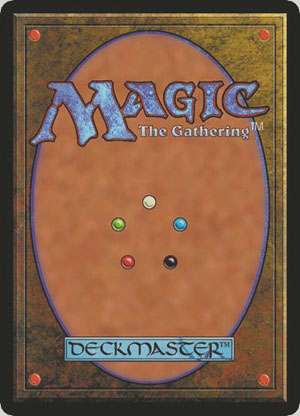
How to gain the most out of the least amount of time
By Lauren Paulsen, Senior Columnist
It is now the end of the semester. Undoubtedly, there will be several of us who have left all of their studying until the last minute. You figured you had plenty of time to get to the material, but suddenly looked at the calendar and realized that exams are starting already. So what do you do?
The most important thing for you to remember is not to panic. If you panic, you won’t be able to make up any lost time. Now, you need to focus on cramming as effectively as you can.
Secondly, don’t lose hope. If you despair and wail that you are going to fail the exam, then you will. Try to think positively, but don’t be unrealistic. You most likely won’t be getting an A on your test, but you can probably still pass. As Will Rogers said, “The best way out of a difficulty is through it.”
First, you need to pick and choose what material to work on. You won’t have time to study everything before the exam, so you want to try and study the things that will give you the most marks. Look at the course outline, and try to remember anything that the professor emphasized. Make note of these things. If there is something that you find very difficult, you might have to skip it to go through more important material. Likewise, if you know something really well, only briefly review it and then move on to something else. There’s no point in spending a lot of time on something that you already know, or wasting time and energy focusing of stuff you won’t have time to fully understand.
After you have determined what the most important things for you to learn are, then you need to give yourself a schedule. Remember to include breaks, because while doing a 12-hour marathon of studying might seem necessary, without giving your brain enough breaks you won’t be able to retain much of the information. Once you have set up your schedule, stick to it!
Then, during your cram sessions, be proactive. Don’t just read the textbook: make flashcards, draw mind maps answer practice questions, create mnemonics, write things out repeatedly. What is key here is repetition. You want to drill those concepts into your brain as quickly as possible. Taking an active approach to your studying will help immensely.
Finally, the night before the exam, get enough sleep. Pulling an all-nighter may seem the way to go, but even if you think you will be okay for the exam, not getting enough sleep will really hinder your ability to effectively recall the material. You need a well-rested brain to remember everything you’ve crammed. If you don’t get enough rest, your results will plummet.
When you’ve finally finished the exam, relax. If you were committed in your cramming, then there is hope for you. Now make a pledge to yourself that you will never do this again. Everyone has the potential to get As. Why waste that potential because you leave everything to the last minute?
